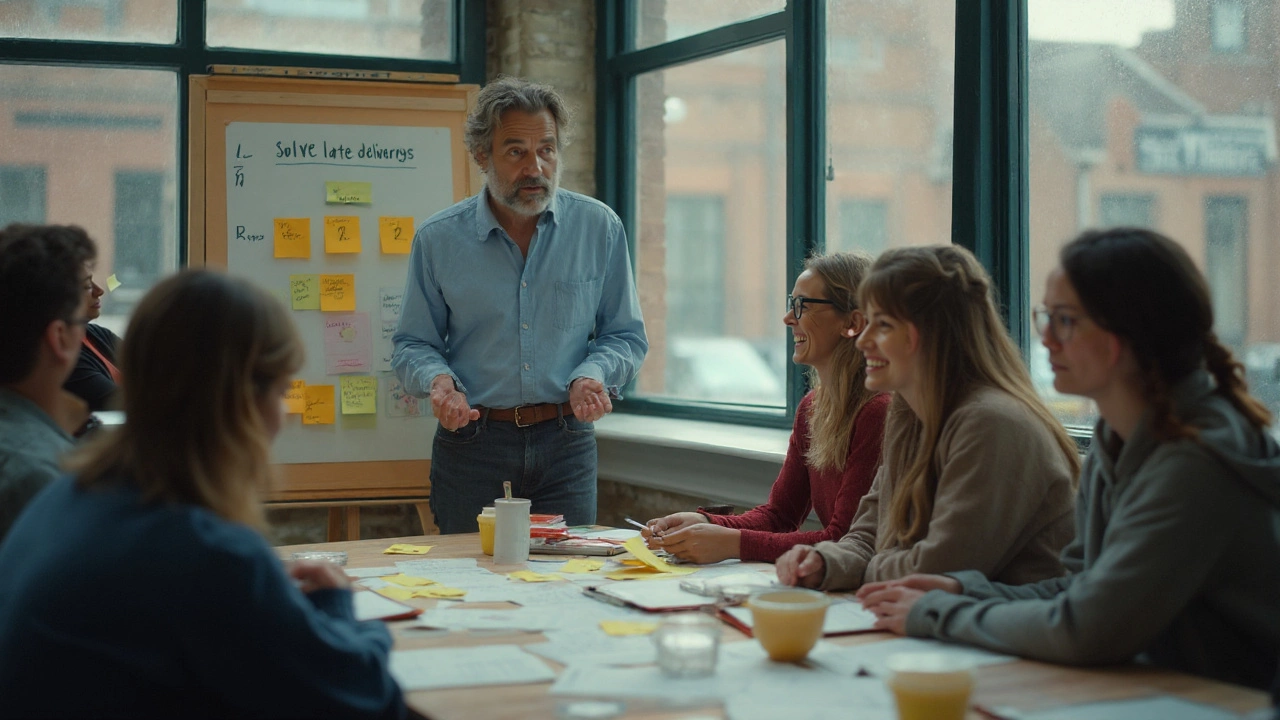Andragogy: Understanding Adult Learning
Ever wonder why the way adults learn feels different from how kids pick up new skills? That’s the heart of andragogy – the art and science of teaching adults. Unlike traditional schooling, adult learners bring experience, goals, and a need for relevance to the table. Knowing these quirks helps you study smarter or become a better instructor.
What is Andragogy?
Andragogy was first defined by Malcolm Knowles, who said adults learn best when four things line up: they see why the material matters, they can use it right away, they’re in charge of the learning process, and they bring a wealth of life experience. In plain English, adults want practical, self‑directed, and respectful learning environments.
Take a look at why this matters in real life. A busy parent signing up for a cooking class cares more about quick, tasty recipes than theory. A professional polishing a skill for a promotion wants tools they can apply immediately at work. If a lesson ignores these needs, the learner will zone out fast.
Practical Tips for Adult Learners
1. Set clear, personal goals. Before you start a course, write down what you hope to achieve. Want to write better emails? Aim for “draft three email templates in two weeks.” Goals keep the learning focused and measurable.
2. Connect new info to what you already know. Your brain loves patterns. When you learn a new concept, ask how it fits with your existing knowledge. For example, if you’re learning Excel formulas, think of the math you already use in budgeting.
3. Choose active methods. Reading a chapter is fine, but doing a quick project, role‑play, or real‑world problem makes the material stick. Try the “teach‑back” technique – explain the topic to a friend or record yourself. If you can teach it, you’ve learned it.
4. Schedule learning in bite‑sized chunks. Adults juggle work, family, and errands. Short, focused sessions (20‑30 minutes) prevent burnout and improve recall. Use the Pomodoro timer: 25 minutes of work, 5 minutes break, repeat.
5. Seek feedback early. Ask a peer, mentor, or instructor to review your progress after each milestone. Constructive feedback lets you correct mistakes before they become habits.
If you’re teaching adults, flip the script: let learners pick topics, use case studies from their industry, and give them control over pacing. A workshop on public speaking, for instance, works better when participants choose a scenario they’ll actually face – a team meeting, a client pitch, or a conference talk.
Remember, andragogy isn’t a rigid checklist; it’s a mindset that respects the adult’s need for relevance, autonomy, and experience. Whether you’re polishing a skill, shifting careers, or training a team, applying these principles makes learning faster, deeper, and more enjoyable.
Ready to put andragogy into action? Start by writing down one learning goal today, pick a short activity that matches it, and give yourself a deadline. You’ll see how quickly the adult‑learning edge can boost results.
What Are the Three Types of Adult Learning? A Practical Guide
Adults learn differently than children. Discover the three proven types of adult learning-self-directed, experiential, and social-and how to use them to master new skills effectively.
What Is an Example of Adult Learning Theory? Real-World Cases That Work
Andragogy, developed by Malcolm Knowles, is the most well-known example of adult learning theory. It explains why adults learn best when they understand the purpose, connect learning to experience, and control their own pace. Real-world examples show how this works in training, language learning, and career changes.
What Is a Key Principle of Adult Learning? Adults Are Self‑Directed and Problem‑Focused
The core principle of adult learning: adults are self-directed and learn best when content is relevant and problem-focused. Clear steps, examples, checklists, and FAQs.


